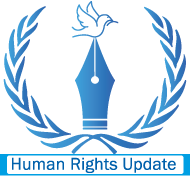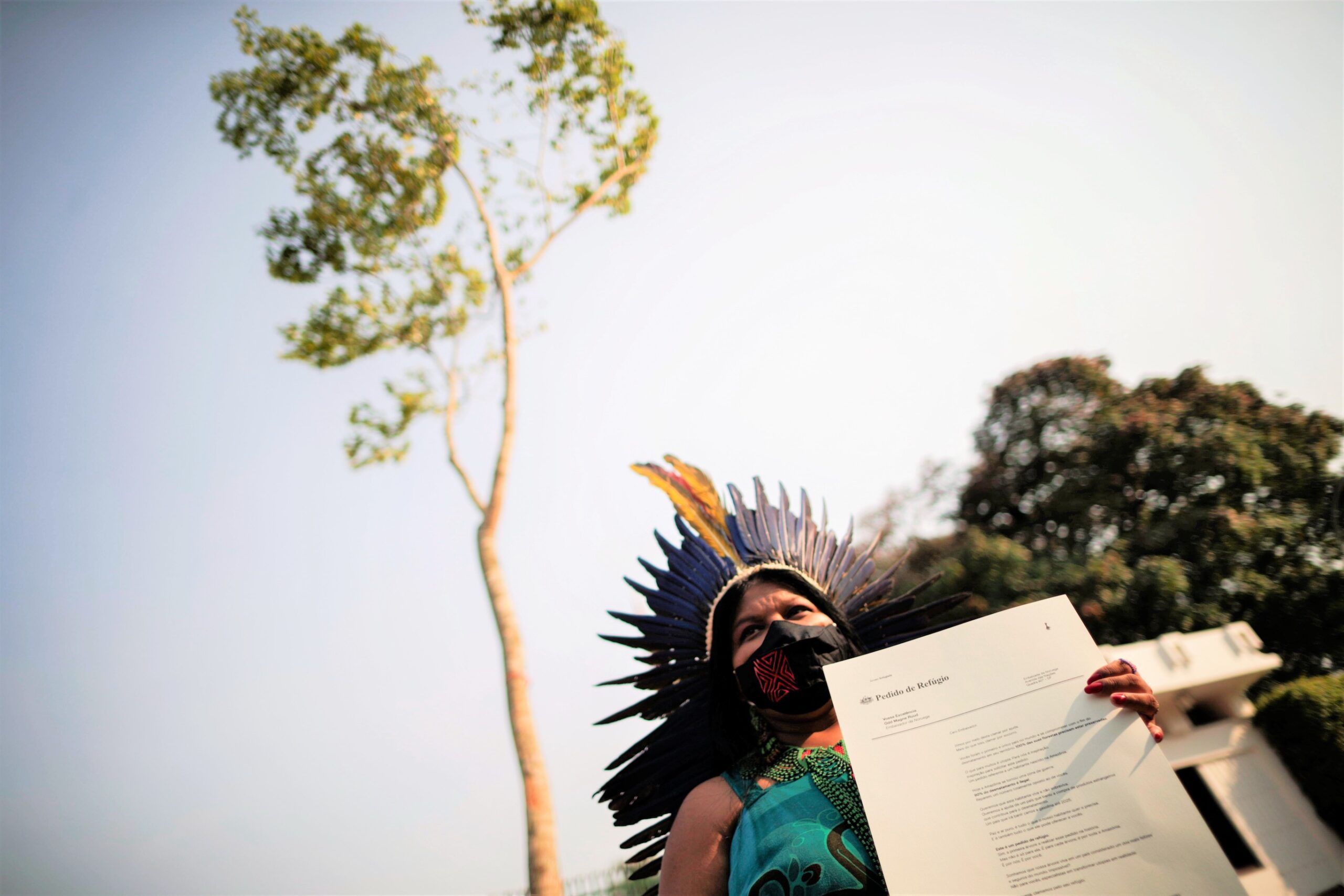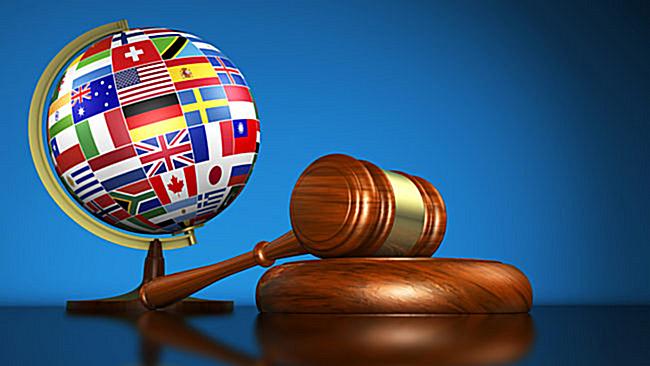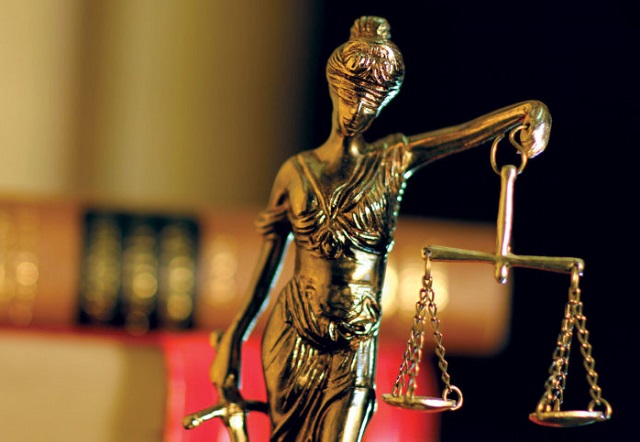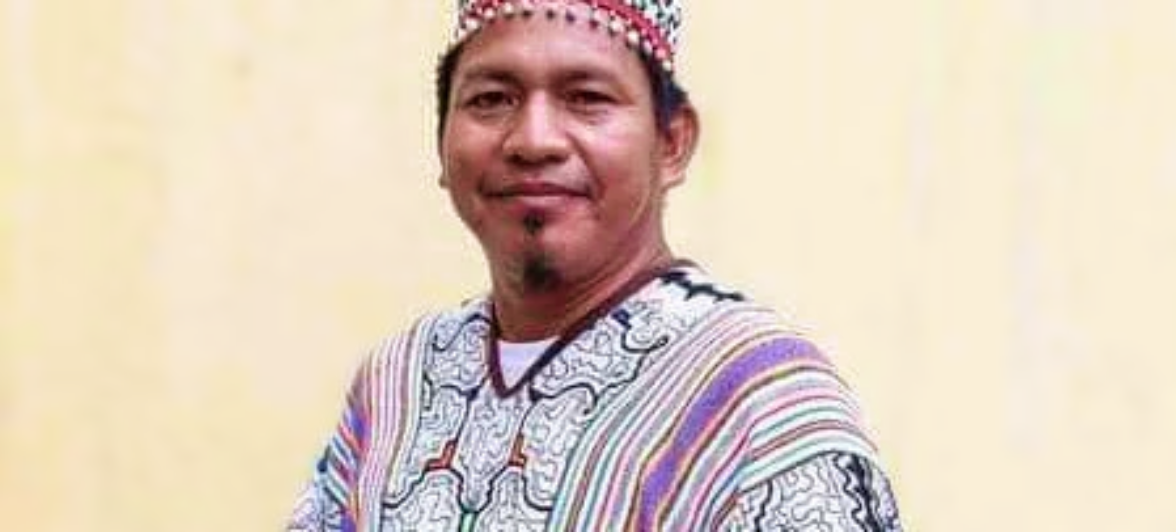As the Maldivian presidential elections are set to take place on September 9, 2023, international human rights organizations, Asian Forum for Human Rights and Development (FORUM-ASIA), and CIVICUS: World Alliance for Citizen Participation, have jointly called upon all presidential candidates and political parties to commit to upholding and safeguarding civic freedoms as a crucial part of their electoral mandates.
The organizations have been closely monitoring the state of civic space in the Maldives, which is currently rated as ‘obstructed’ by the CIVICUS Monitor. While the Ibrahim Solih administration, which assumed power in 2018, took some initial steps to address issues like the repeal of the defamation law and the establishment of an inquiry commission to investigate unresolved murders and disappearances, it has fallen short in addressing the broader challenges to civic freedoms in the Maldives.
One major concern highlighted is the Freedom of Peaceful Assembly Act 2013, which continues to impose significant limitations on public gatherings, granting the police broad discretionary powers in granting permissions. The Act also authorizes the police to confine demonstrations to designated areas and restricts access to journalists, with proposed amendments to the Act being rejected by parliament in November 2020.
There have been serious concerns regarding the continued reports of restrictions on protests, arbitrary arrests of protesters, and instances of excessive force and ill-treatment. In several incidents this year, protesters were detained, and excessive force was used, leading to injuries. These incidents have raised questions about the Maldives’ commitment to protecting the right to peaceful assembly.
Journalists have also faced challenges while covering protests. Several incidents have been reported where journalists were arrested, attacked, or subjected to excessive force by the police, despite clear identification as members of the press. The government’s failure to amend the Evidence Act, which allows courts to compel journalists to disclose their confidential sources, has also been noted, leading to a drop in the country’s press freedom ranking.
Furthermore, there has been a lack of accountability for threats against civil society groups and activists, including threats from religious extremist groups. Human rights defenders, particularly women, have faced intimidation and threats, with no perpetrators held accountable. In a concerning case, the prominent human rights group, the Maldivian Democracy Network (MDN), was de-registered in March 2023, legitimizing an arbitrary ban imposed in 2019. This decision followed a violent smear campaign against MDN and its staff in response to their report on the rise of violent extremism in the Maldives.
Both FORUM-ASIA and CIVICUS have called on the Maldivian government to fulfill its international human rights obligations as a state party to the International Covenant on Civil and Political Rights (ICCPR) and as a member of the UN Human Rights Council. They emphasize the need for the government to create an enabling environment for civil society, protect fundamental freedoms, and ensure accountability for violations.
As the presidential elections draw near, international attention remains focused on the Maldives, urging the nation to prioritize and protect civic freedoms as an essential pillar of democracy.
